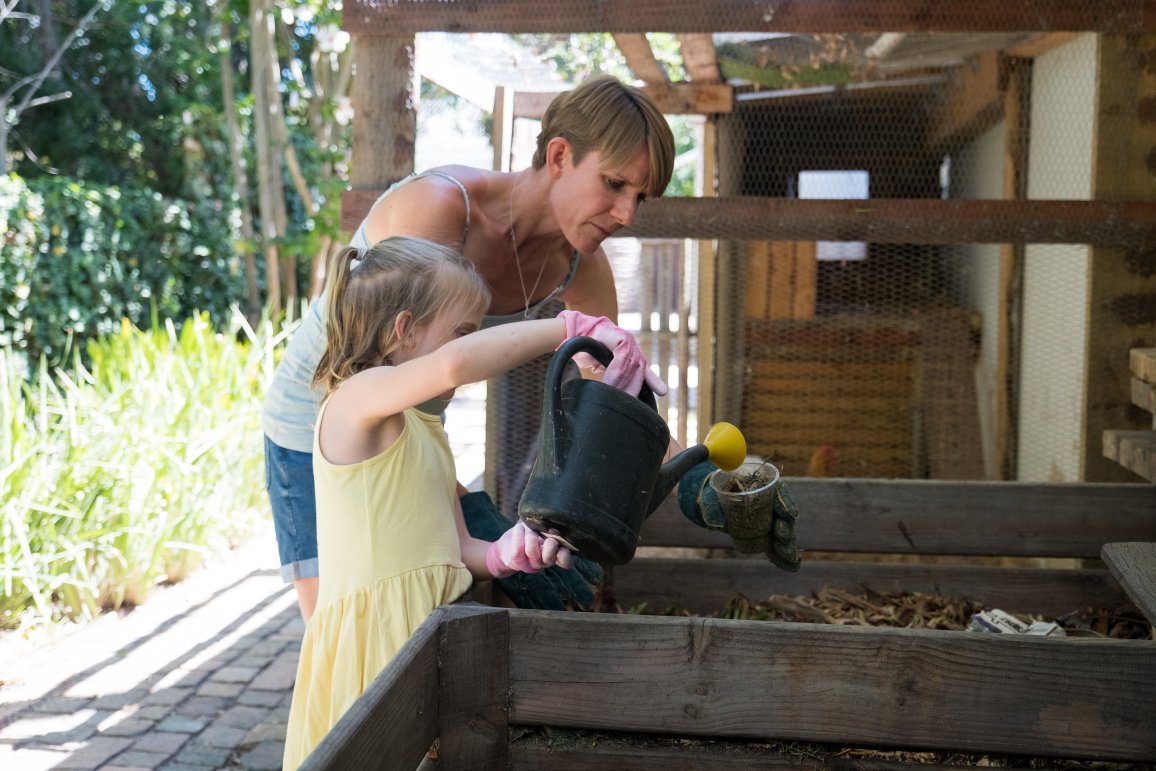New biomaterials – plastic waste for the home compost
Companies are working on packaging made of biodegradable plastics to offer a further option for sustainable waste disposal in addition to conventional recycling – disposal in the garden, on the compost heap. We show what is actually feasible and how it works.

It sounds up to date and future-oriented – packaging made of renewable raw materials that turns into new soil in the garden after use, just like kitchen waste. A complete cycle that’s natural, sustainable and climate-friendly. But plastic doesn’t grow in nature. And it doesn’t simply decompose out in the open. But there are exceptions.
Bioplastics – a vast field
There is currently no clear definition of the term ‘bioplastic’. Basically, a bioplastic is a material which is either only bio-based or only biodegradable, or both. What this means is that bio-based plastics come from renewable raw materials which may be biodegradable, but don’t have to be. Biodegradable plastics, on the other hand, can consist of renewable raw materials, but don’t have to. This includes crude oil-based plastics. The term ‘biodegradable’ simply refers to the fact that microorganisms decompose the materials over time without leaving behind microplastics.
The time it takes for the industrial composting of biodegradable plastics is more precisely defined and is even regulated by a standard. This stipulates that approximately 90 per cent of the carbon must have been converted into CO2 after six months. However, industrial plants often operate on the basis of shorter composting cycles to ensure profitability.
For a handful of humus
Waste from biodegradable plastics is not suitable for household recyclables collection. The waste collected here is intended for recycling, so biodegradable plastics that have been disposed of here are separated out. Products made of biodegradable plastic which are certified for industrial composting and are accordingly labelled should ideally be placed in the organic waste bin. Plastics which are bio-based but not biodegradable likewise do not belong in the organic waste bin – like conventional plastics, these are not compostable and belong in the household recyclables collection.
Packaging which is specially certified for home compostability, such as the coffee capsules of the Austrian packaging specialist ALPLA, has a special status. The capsules bear the certification mark ‘OK compost HOME’ issued by TÜV Austria. This confirms that the capsules are broken down by microorganisms in the home garden compost, provided the temperature, humidity and ventilation are right. The coffee grounds left in the capsules additionally support the quality of the existing compost.
Although natural decomposition takes longer at home than in industrial composting, putting biodegradable plastics on an actively managed compost heap in the garden is absolutely an option for disposing of packaging naturally.
Plastic bottles in recycling – what really bears fruit
If you think sustainably, you cannot avoid conventional recycling. For example, the high recyclability of PET from beverage packaging makes the material an important driver of the climate-friendly circular economy.
Bio-based and biodegradable bioplastics will undoubtedly play a role in the future of packaging as supplementary options and trendsetters. However, environmentalists note that the perception of biocompatibility can lead to a carefree approach to dealing with all types of eco-packaging. This means that even suitable waste could end up in nature unchecked – far away from the home garden compost. People therefore need to be educated accordingly.
Do you like our texts? Perhaps even so much that you want to use them in your own media? Then please get in touch with us beforehand!
